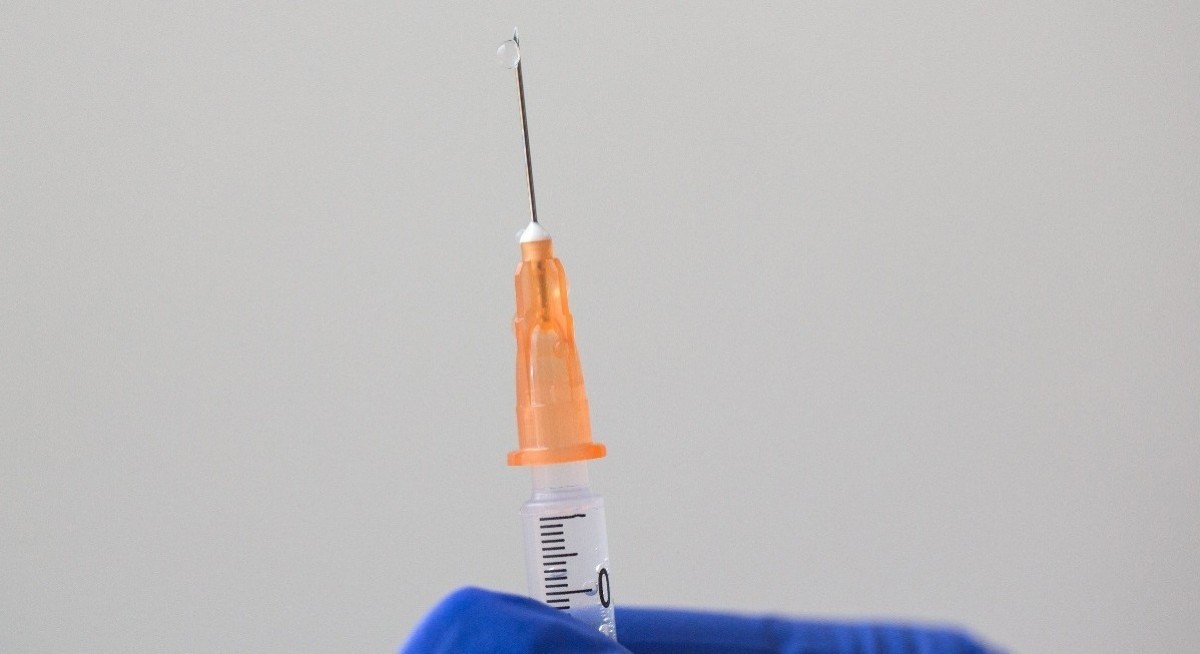At the Multi-Ministry Task Force press conference on May 31, Education Minister Chan Chun Singapore elaborated that the vaccination for students will be available for booking from June 1, with slots beginning as early as June 3.
The Ministry of Education (MOE) said for students aged 12 to 18, they will only be given the Pfizer-BioNTech vaccine, while those above 18 will be given a choice of the Pfizer or the Moderna shot.
The rollout for students will start with graduating cohorts at the secondary schools and pre-university levels, in particular, students sitting for the GCE N-, O-, or A-Level examinations in the second-half of 2021.
In the next two weeks, similar invitations will be progressively extended to other groups of full-time students in institutes of higher learning, including privately-funded schools, madrasahs and Special Education (SPED) schools.
Vaccination will be made available in the community vaccination centres, in addition to four dedicated MOE vaccination centres, at ITE Colleges East, Central and West, along with the Raffles City Convention Centre.
Expansion of vaccines to more
Furthermore, the MTF also announced that pregnant women will now be eligible for the Pfizer and Moderna vaccines, with Singapore Director of Medical Services Kenneth Mak saying that there is no evidence that the vaccine causes harm to pregnant women or their babies.
However, Mak does point out that they should seek medical advice first, saying “women who are pregnant, may receive [the] vaccination after they discuss and receive endorsement from their obstetrician, and this applies irrespective of the stage of pregnancy.“
Those who fall pregnant after receiving their first vaccine dose may proceed with a second vaccination after discussion with her obstetrician.
Women who are breastfeeding are also eligible for the vaccination, and can continue to breastfeed their baby throughout the period for their first and second dose of vaccinations.
Those with cancer and are on active treatment can also take the vaccine, but should do so in a hospital setting, after assessment by their treating specialists on their suitability for receiving the vaccine.
Those with severe cutaneous adverse reactions, or skin conditions (which include Stevens-Johnson syndrome and toxic epidermal necrolysis) are also eligible for the vaccine, and can take the vaccine at a vaccination center.
The Health Ministry’s Expert Committee on the Covid-19 vaccination is also reviewing the safety data on persons with a history of anaphylaxis, to allow more to be safely vaccinated.
It intends to complete this review in the next two weeks, and will set out guidelines allowing certain persons who have had previous history of anaphylaxis to be vaccinated using mRNA vaccines safely.
Singapore to allow more vaccines approved by WHO
Speaking at the same press conference, Health Minister Ong Ye Kung revealed that the Ministry of Health (MOH) will be opening up access to other Covid-19 vaccines under the Special Access Route (SAR) in order to enhance the overall vaccination coverage for those who are unable to take the Pfizer or Moderna vaccine due to medical conditions,
This differs from the Pandemic Special Access Route (PSAR), which the Health Science Authority has used to authorise the Pfizer and Moderna vaccines.
MOH will allow the SAR to be used for the supply of Covid-19 vaccines that have been approved by the World Health Organisation (WHO) to be on their Emergency Use Listing (EUL).
Such use of the SAR for these unregistered pandemic vaccines will be time-limited, for the duration of the pandemic. These vaccines include Johnson and Johnson, Sinopharm and AstraZenaca, in addition to the Pfizer and Moderna shots.
These vaccines will be made available through the private healthcare sector, but the doctor administering the vaccine should discuss the risks and benefits of using vaccines not registered or authorised by HSA with the patient
Patients will also need to sign an informed consent form to acknowledge that they have discussed with their doctor and accept all responsibility for the risks.
The Government will not subsidise vaccines administered under the SAR, and persons vaccinated under the SAR will not be eligible for the Vaccine Injury Financial Assistance Programme for Covid-19 Vaccination (VIFAP).
“As more data becomes available, MOH will be able to determine if persons vaccinated under the SAR may be eligible for the same exemptions on testing, or public health restrictions, which may be accorded to individuals vaccinated under our national programme,” says MOH.



